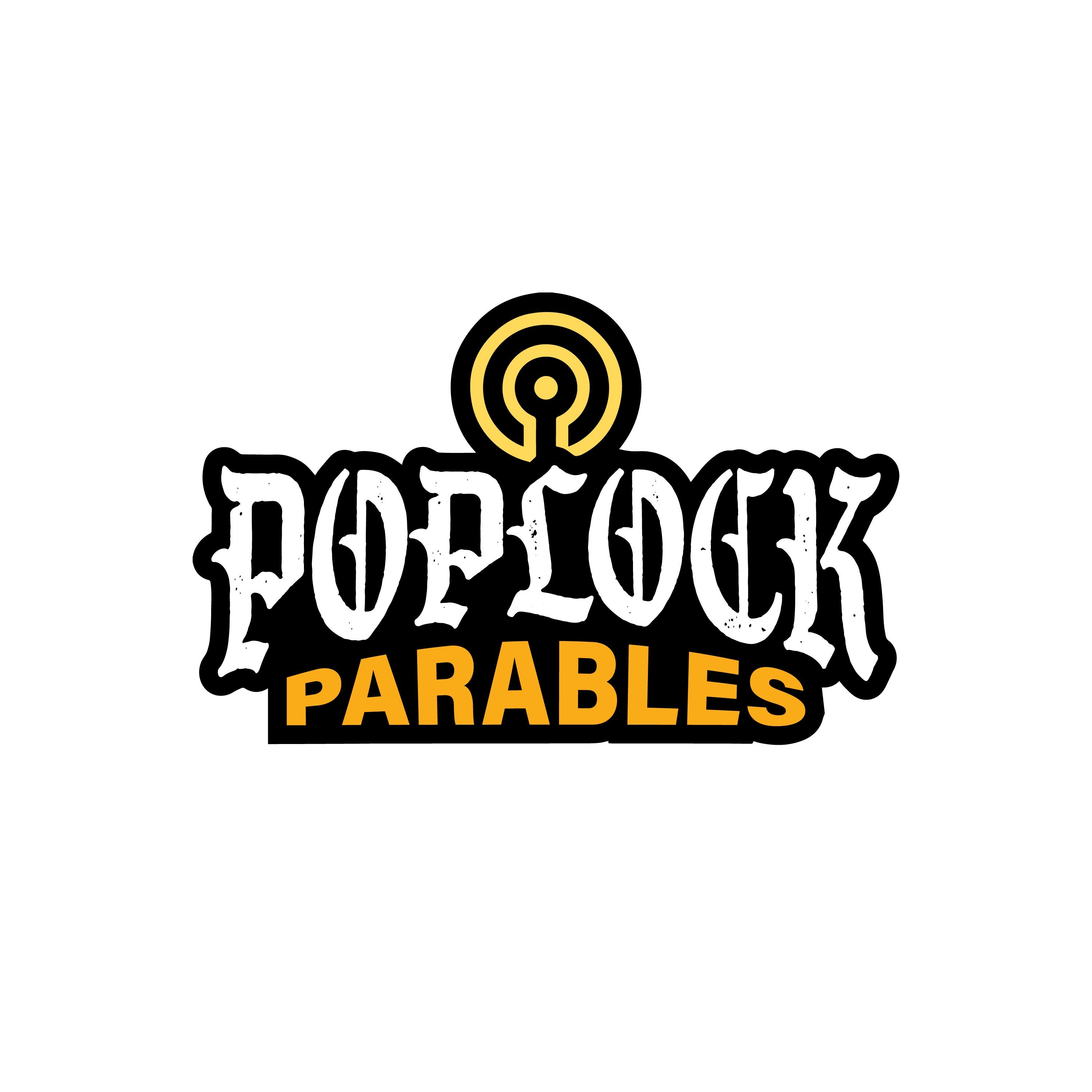Dancer Spotlight: Poppin Chuck
A spotlight on my first dance mentor, Charles "Poppin Chuck" Bledsoe.
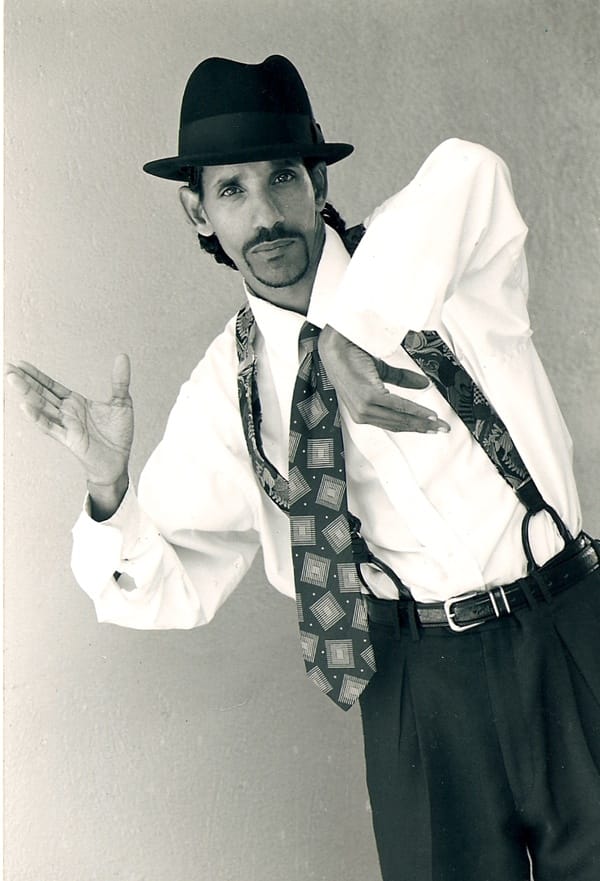
Aight yall, so this will be a series I’ll call Dancer Spotlight. What I aim to do here is to highlight different dancers that I have encountered, be it personally or virtually, and give them they shine! These are people that have influenced me in a myriad number of ways. There are some who have been mentors, some from whom I’ve taken a class, some who I’ve only watched from afar, and so on. And today we are going to start it off with my first dance mentor, Popping Chuck!
I’m going to include Chuck’s professional bio here on the 3Arts awards site for those who would like to read up on it. I also told this story on my podcast here if you’d prefer to listen to a sonic variation instead. I’ll provide a written variation here of the story first, and then I will get more into what I like so much about Chuck.
Chuck Encounter #1
I first met Chuck when I was 18? I believe? I was in my local college dance crew at UChicago called PhiNix (pronounced like the mythical bird, not the Greek letter), and our Director, James, had told us about a battle that was going on in the greater Chicago dance community. He told us to check it out if we had time, and time for it I did make! I asked my best friend Terrell if he wanted to go, and he said sure, so we hopped on a bus that weekend going to the North side. I want to say we were somewhere in Wicker Park. We get into the venue, and it’s a few different folks in the place. You got the DJ sitting up on a platform, and underneath that you had three chairs for the judges facing the entrance. You had different folks scattered around: dancers, other artists, musicians, singers, etc. The battle wasn’t the main focus of the event; rather, it was part of a greater arts celebration that included performances. Terrell didn’t want to sign up, so he just stayed and watched while I competed.
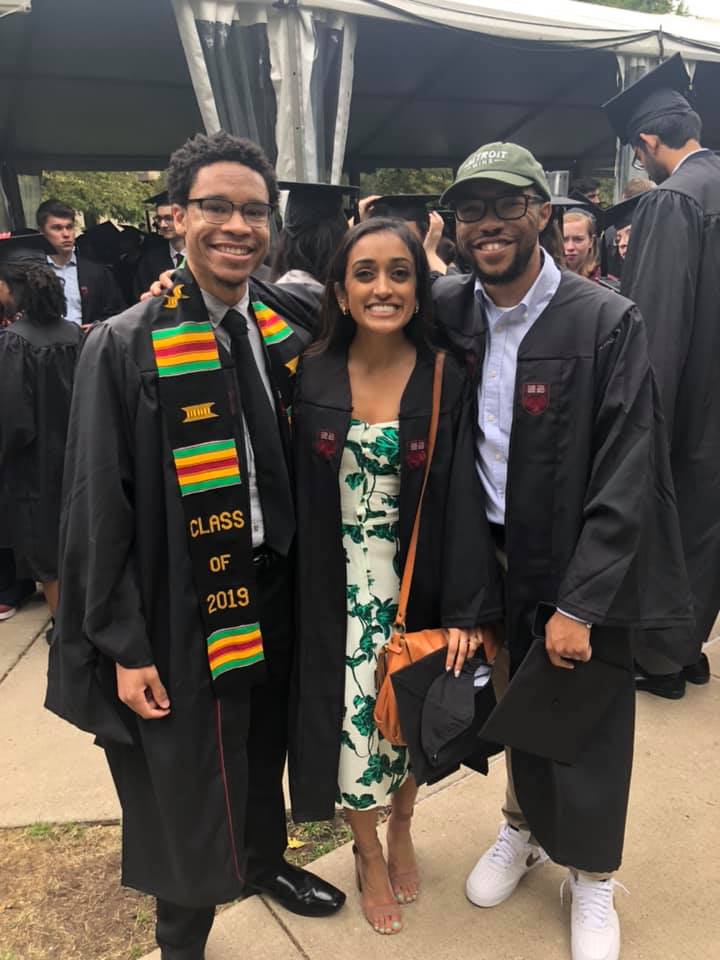
I covered my first battle in this episode of the podcast here, and the focus of this article is on Chuck, so I’ll save a more elaborate description of the event for another day. Chuck, however, was one of the three judges for the competition. Sometimes in the street dance community, you’ll have what we call “judges’ showcase” wherein the judges provide an example of their mastery so as to provide evidence for their qualifications to judge others competitively. Now, whether or not all judges are qualified to judge, and how they end up becoming chosen to judge is a political matter that I won’t cover here.
The MC, a guy named Roldare (roll-dair) who I learned over time was very instrumental to the maintenance of the Chicago street dance scene, stated as he gave Chuck’s introduction that Chuck had been in the game for a looooooong time, and was considered an OG. That piqued my interest, for I had never really met someone who was actively involved in street dance still at an older age. I’d met older folks of more classical disciplines like tap, ballet, or West African traditional dances, but never someone from “back in the day” who was still doing what they grew up doing. There’s that, and the fact that Chuck is from LA, arguably the Popping capital of the world, so I figured that Chuck must indeed be the real deal.
So, I watch Chuck’s demo, and I’m starstruck. Afterwards, I thank him for his contributions to the community—I didn’t really know what I was talking about, it just sounded nice to say at the time—and Terrell and I are on our way. I ask some of the other dancers I battled where they go to practice, and they give me their information. Then, it’s back to campus we go.
Chuck Encounter #2
The guys I battled told me they had practices on Sundays at this studio west of downtown off of Ashland. That, and they were in a crew I would eventually join called the Electric Funketeers. I go to this session one Sunday, and I’m just moving and grooving. Suddenly, Chuck walks in through the door, and I’m thinking to myself, “hey, that’s the dude that was judging at the battle!” I walk up to him and re-introduce myself. He remembers me and is all “hey wassup man! Thanks for coming out!” I go back to the other side of the studio and continue practicing some.
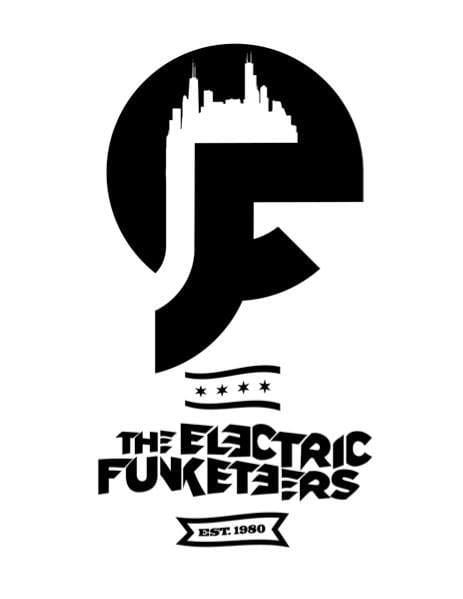
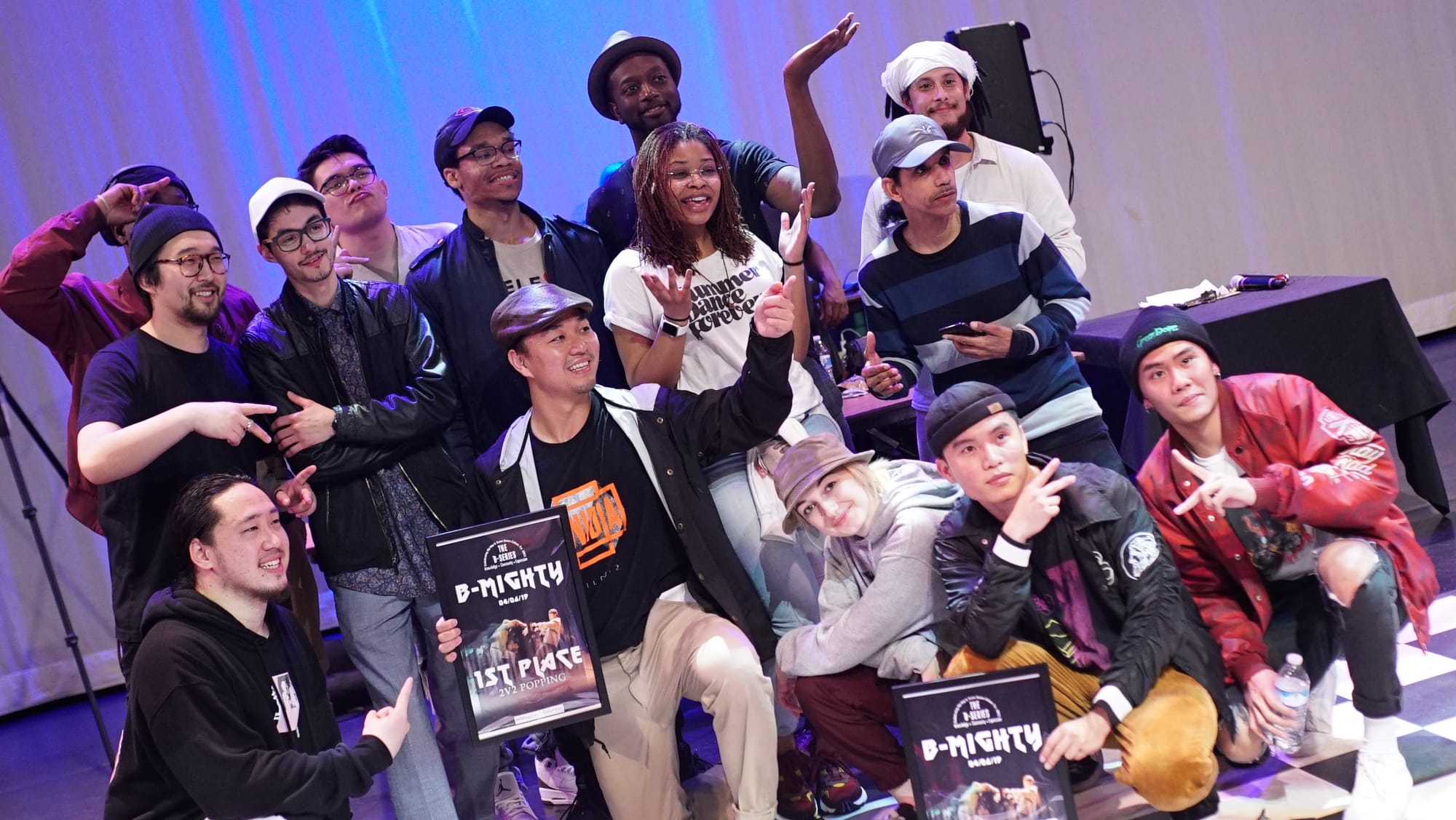
Shortly thereafter, Chuck walks up to me and says, “I’m not trying to be mean, but you look bad. Let me help you out.” I didn’t feel any particular way about it, so I said sure. He then proceeds to teach me some foundational Locking technique for the rest of the session. I run into him a few times after that, and he also comes and teaches a Popping workshop at UChicago later that Spring. It was then that I realized that I didn’t really know all I thought I did, and that I actually learned a lot of things incorrectly in trying to teach myself, so I became even more interested in learning from Chuck at this point.
Chuck Encounter #3
Chuck starts teaching at the American Rhythm Center downtown later that Fall, so I decide to go and take one of his classes. He’s teaching Popping fundamentals, and that day I was the only one in class. I’ll never forget that class for one reason alone: the music. That class was the first in which I learned about music and dance as cross-generational connections. Of course, my mom and dad would show us songs that they would dance to growing up, and the associated movements—what we would now call party dances or social dances like The Prep, The Dougie, The Running Man, etc.
However, Chuck’s class was the first time where I learned that some of the songs my parents grew up listening to were not JUST listening songs. Prior to that, I believed in a clear distinction: some songs you just listen to, say, a "Tears For Fears - Head Over Heels", and some you dance to, like a "Rob Base - It Takes Two." Chuck, meanwhile, had me popping to "Ladies Night" and teaching me how to hear the instrumentation in the music. So, Chuck, truly and honestly, kicked off my love for funk music, especially in teaching me a dance where funk music spurred its genesis.
"Don't just listen to the drums, listen to the other instruments like the horns!"
It’s after this class that I head home and email Chuck, asking to be his student. Very much in a martial arts, sensei-student relationship. He responds later with a “Yeah! You’ve got spirit!” and thus kicks off our journey with one another.
What I Like About Chuck
Mannn Chuck is cool! He’s real humble and personable, and you can really see that he LOVES teaching people. I remember days when he would call me up with a “I got another student! She gone be cold!” We would come up with routines with other students of his like a woman named Carolyn (aka Golden Grrl); we would practice in Millennium Park; we would even have impromptu robot sessions on the train on the way home!
Another thing, too, is that Chuck is a historian, and he enlightened me to a means of record-keeping that I hadn’t really envisioned outside of academia. For example, Chuck showed me binders full of printed off pages of defunct hip-hop dance forums, the most notable being bboy.com (formerly owned by another Chicago OG, Space Capital). He realized fairly early that websites are ephemeral, and he also drew attention to the fact that sometimes people switch up their stories over time. Sometimes they forget, sometimes they refine, and sometimes they’re trying to rewrite their history.
Additionally, he put me on to a lot of cultural insights that I don’t think I would have gotten had I not learned from someone who grew up in LA in the 70s. He told me about differences in technique based on regional variations (even down to the neighborhoods), he told me about some of the realities of gang culture--and how he avoided it--and even the appeals and dangers of the entertainment industry. He also provided context to songs that I would play, talking about which ones had social dances to them, which ones were actually slow-dance-with-a-girl songs, LA’s hip hop history as it differed from NY, all sorts of really cool things that I hope to continue to write about one day.
He taught me a style that I liken to a “hidden art” of sorts: a robot-based style known as Bopping. I say it’s a hidden art because a lot of people don’t understand it, and sometimes those who teach it aren’t the most forthcoming as far as its true foundations are concerned. And the style is embedded into my stage namesake “Libra Bop,” so I will always carry that history with me.
Finally, I want to say that Chuck is a talented writer/graffiti artist, muralist, and painter. You can find his artwork at Artisan Notions, follow him on IG, and check him out in action!
